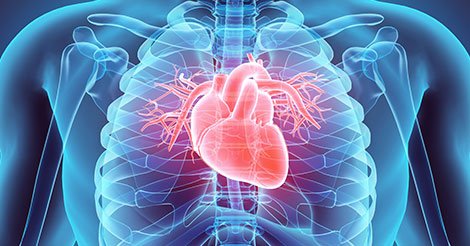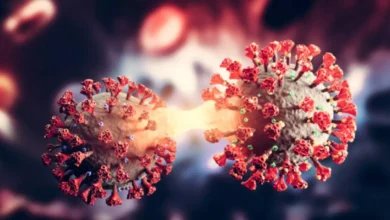A Ticking Time Bomb: Why Indians Are Having Heart Attacks a Decade Younger

Heart disease, the leading cause of death globally, is wreaking havoc on India’s population. But a particularly alarming trend has emerged: Indians are experiencing heart attacks a staggering 10 years earlier compared to their Western counterparts. This sobering fact comes from the Association of Physicians of India (API) chief, raising serious concerns about the nation’s heart health.
Early Onset, Rapid Progression: A Dangerous Combination
While cardiovascular diseases (CVDs) claim lives worldwide, India stands out for the early age of onset and rapid progression of these conditions. This “double whammy” translates to a significant burden on individuals, families, and the healthcare system. Dr. Milind Y Nadkar head of the API [Association of Physicians of India], emphasizes the urgency of addressing this issue: “With India already witnessing the highest rate of coronary artery disease globally, tackling the early onset and swift progression of CVDs is crucial.”
Unhealthy Lifestyle: A Major Culprit
The API points to several lifestyle factors contributing to this alarming trend:
- Lack of Physical Activity: A sedentary lifestyle is a major risk factor for heart disease. In today’s fast-paced world, Indians often prioritize work and social commitments over physical activity. This lack of exercise weakens the heart and increases the risk of blockages in arteries.
- Unhealthy Fats and Cholesterol: The Indian diet is increasingly incorporating processed foods laden with unhealthy fats, particularly trans fats. These fats contribute to the build-up of plaque in arteries, narrowing the passage for blood flow and increasing the risk of heart attacks. Additionally, high cholesterol levels further exacerbate this problem.
Beyond the Obvious: Genetic Predisposition and Stress
While lifestyle modifications are paramount, it’s important to acknowledge other contributing factors:
- Genetic Predisposition: Research suggests Indians may have a genetic predisposition to developing heart disease at a younger age. This underlines the importance of early screening and preventive measures.
- Chronic Stress: Modern life is riddled with stress, a significant contributor to heart disease. Stress hormones elevate blood pressure and can damage blood vessels, making individuals more susceptible to heart attacks.
Taking Control of Your Heart Health
The good news is that heart disease is largely preventable. Here’s how you can take charge:
- Embrace a Healthy Diet: Limit processed foods, trans fats, and red meat. Opt for a diet rich in fruits, vegetables, whole grains, and lean protein. Don’t forget healthy fats like those found in nuts, avocados, and olive oil.
- Move Your Body: Incorporate regular physical activity into your routine. Aim for at least 30 minutes of moderate-intensity exercise most days of the week. Brisk walking, cycling, swimming, or dancing are all excellent options.
- Manage Stress: Find healthy ways to manage stress, such as yoga, meditation, or deep breathing exercises. Prioritize adequate sleep, which is crucial for overall health and heart well-being.
- Know Your Numbers: Regularly monitor your blood pressure and cholesterol levels. Early detection allows for timely intervention and management.
- Don’t Ignore Symptoms: Be aware of the warning signs of heart attack, such as chest pain, shortness of breath, and pain radiating to the arm or jaw. If you experience any of these symptoms, seek immediate medical attention.
Working Together for a Healthier Future
The API’s call to action extends beyond individual responsibility. Public health initiatives promoting healthy lifestyles, increased access to preventive healthcare, and creating awareness about heart disease, particularly among younger generations, are all crucial steps. By working together, we can address this ticking time bomb and ensure a healthier future for all Indians.
This article is for informational purposes only and should not be construed as medical advice. Always consult with a qualified healthcare professional for personalized guidance on heart health.



